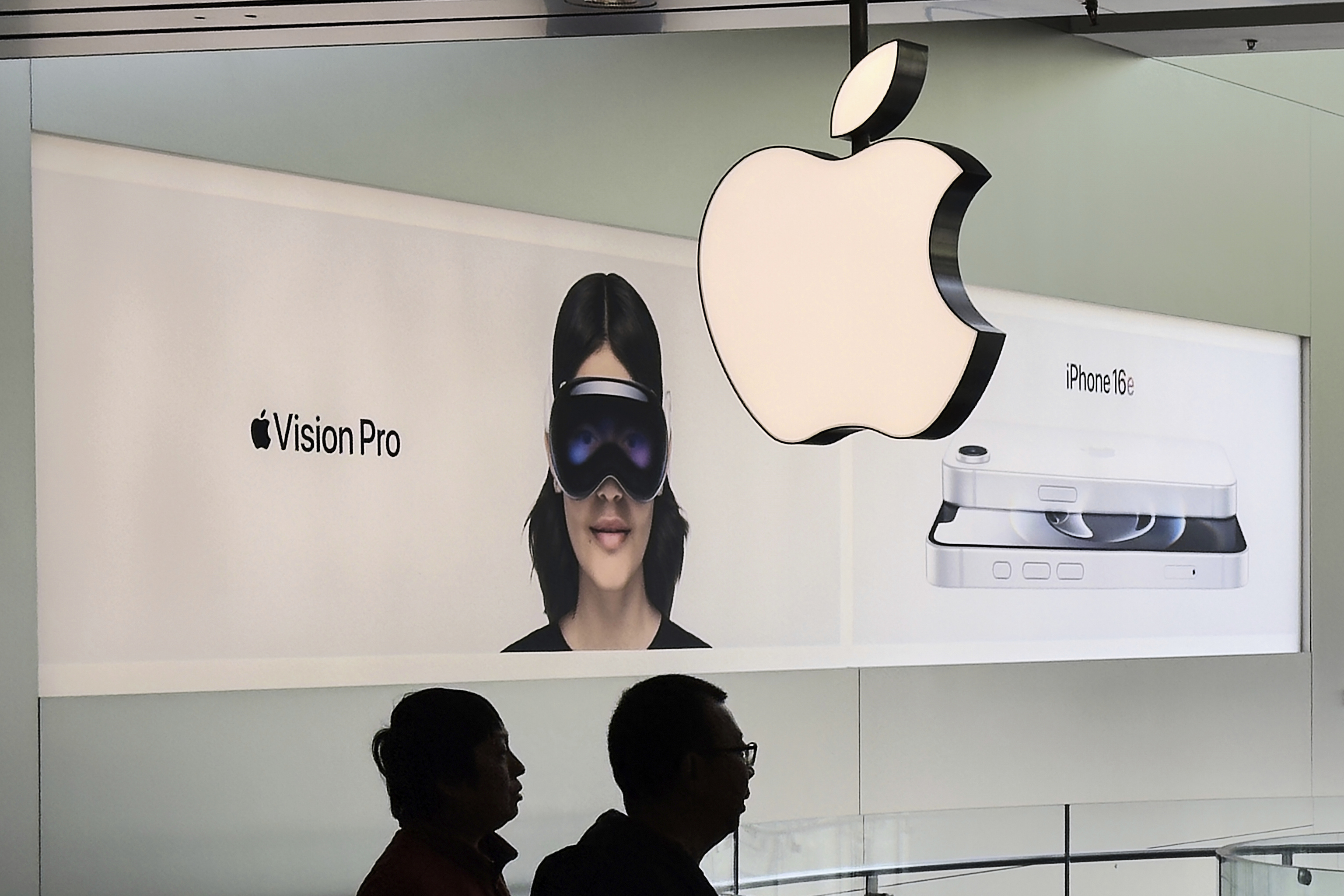Companies have been preparing for the impact of U.S. tariffs for some time. So much so, that in the coming weeks, there will be a paradox in the tech sector: better-than-expected results in the first quarter and worse forecasts for the rest of the year. The response is related to the stockpiling of products such as iPhones or computers that many companies have been doing.
Ericsson has been the first company to reflect this reality. The Swedish company's sales surged by 64% in the first quarter in its network division for America, in a context where sales in Latin America were lower. "Network sales in North America grew very strongly benefiting from awarded contracts and accelerated customer investment, reflecting in part the tariff uncertainty," the Swedish company conveyed to investors yesterday, also confirming the second part of the theory: lowering forecasts for the future. "Based on what we know now, we include a negative impact of one percentage point on our adjusted margin for the second quarter," the company pointed out, which saw an 8% increase in stock market value.
Ericsson is one of the few remaining examples of a strong European tech industry. After the U.S. banned Chinese equipment manufacturers, Ericsson and the Finnish Nokia remained as the two major suppliers for 5G deployment, followed at a distance by Samsung and Mavenir, the only U.S. company, but which also manufactures most of its products outside the country. Therefore, all these products automatically became 20% more expensive, but U.S. operators still need to continue deploying their infrastructures.
Analysis firm New Street Research estimated that the impact of these measures could reach 7% of the annual infrastructure investment of these giants if they maintained their deployment pace. Taking into account this benchmark and considering the investments of the last year from the country's top three operators, the tariff bill amounts to an extra $3.283 billion per year, which justifies cost advancement.
The other market that has shown abnormal growth is the computer market, with a 9% increase, according to Canalys, one of the leading analysis firms in the sector. Part of the situation has been driven by the growth of emerging markets such as Southeast Asia or consumption stimulation policies in China, but another key element is that companies are sending more product than usual to the United States.
Thus, Lenovo increased the amount of equipment shipped to the country by 20% until March, while HP did so by 13%. The same goes for Apple, which in a declining smartphone market has also taken precautions before receiving exemptions last weekend. "Apple sent advance orders in early April, front-loading second-quarter inventory to mitigate potential cost increases." In fact, according to Reuters, the company chartered planes from India to import 600 tons of iPhones.
Market volatility is guaranteed, but there is a consistent prediction among the main analysis firms: "The global smartphone market is likely to decline in 2025 as economic uncertainty caused by tariffs increases. This is likely to harm consumer demand in all markets, but especially in the United States," predict from CounterPoint.
